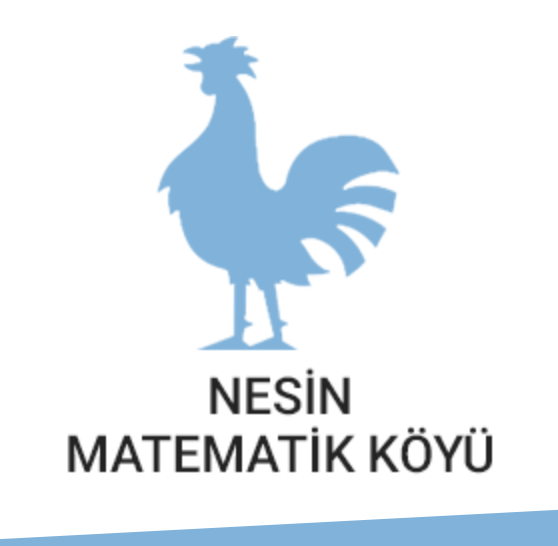7-11 September 2020
Title of the course: Analysis of PDEs through a unified transform method
Instructor: Assoc. Prof. Türker Özsarı, Dr. Konstantinos Kalimeris
Institution: İzmir Institute of Technology, University of Cambridge
Dates: 7-11 September 2020
Prerequisites: The first part of the course assumes basic knowledge of Complex Variables, but an introduction to basic Complex Analysis themes will be given in the first lectures. A familiarity with graduate level analysis and PDE theory would be very useful for the second part of the course.
Level: Advanced undergraduate and graduate
Abstract: In this course we will study a class of differential equations which appear in a plethora of physical phenomena such as the heat, the Schrödinger and the Laplace equations. Such equations for simple geometries and simple boundary conditions are traditionally solved via separation of variables or transform methods. However, these methods are limited, and even in the particular cases that they are applicable, they have several disadvantages.
In this course we will present a new approach, which has been acclaimed as the first major breakthrough in the solution of linear PDEs, since the discovery of the Fourier transform in the 18th century: the so-called Unified Transform Method (UTM). The students will be given an overview of the several analytical and numerical advantages that this unified approach possesses.
The course will start with an introduction to complex variables. Then, using basic mathematical tools and methods of complex analysis, we will derive analytically solutions of initial and boundary value problems for linear PDEs. In the second part of the course, we will utilize the solution formula, which involves integrals of given initial-boundary data, to define weak solutions for a given PDE. It will be shown that the integrals still make sense under very weak assumptions on data. This will allow us to do wellposedness analysis for a given PDE in function spaces. We will present a novel approach to prove space-time norm estimates by using UTM formulas. These estimates are essential ingredients for analyzing corresponding nonlinear PDEs.
Language: EN

